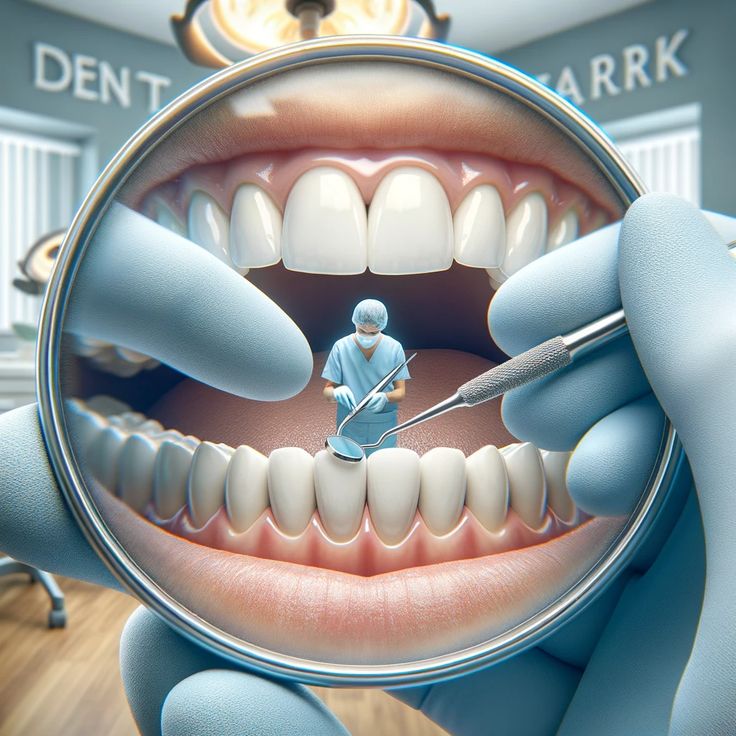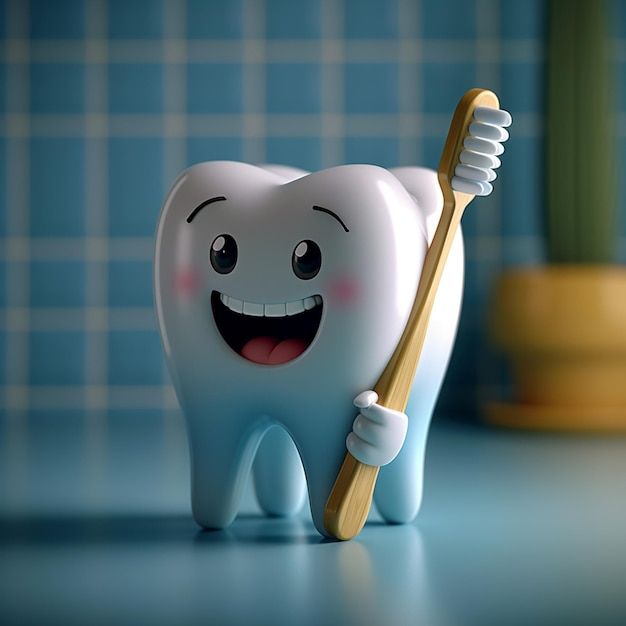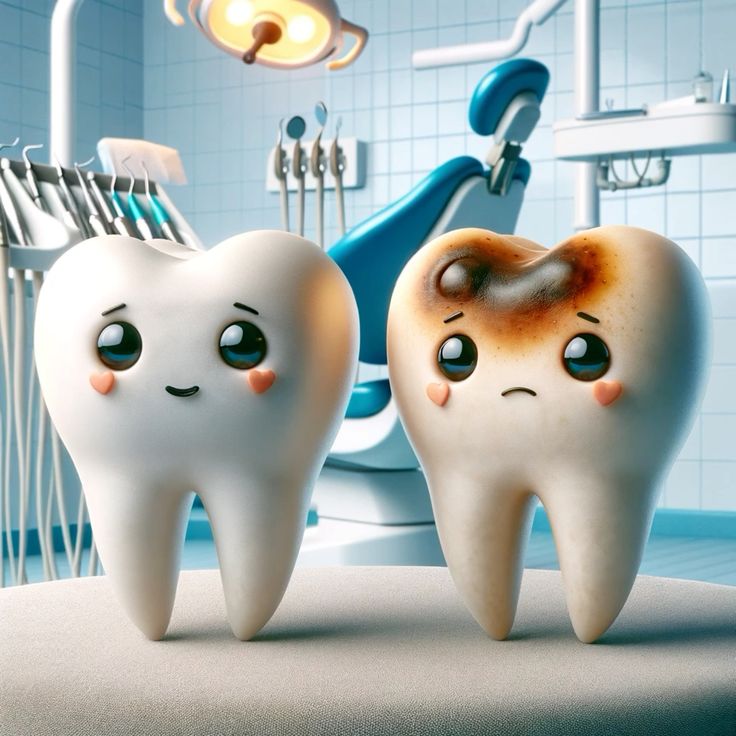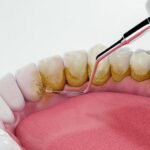Medicare Dental Services
What Dental Services Are Covered by Medicare? A Comprehensive Guide
Navigating dental care can be confusing, especially when trying to determine what services are covered by Medicare. If you’re asking, “What dental services are covered by Medicare?” this guide will provide you with clear answers. We’ll break down the types of dental care, explain Medicare’s coverage, and explore additional options to help you maintain good oral health without breaking the bank.
Understanding Medicare and Dental Coverage
Medicare is a federal health insurance program primarily for people aged 65 and older, though it also covers certain younger individuals with disabilities. While Medicare provides comprehensive healthcare coverage, its dental benefits are limited.

Key Points About Medicare and Dental Coverage:
- Medicare Part A (Hospital Insurance): Covers dental services only if they are deemed medically necessary and provided during a hospital stay.
- Medicare Part B (Medical Insurance): Generally excludes routine dental care such as cleanings, fillings, and dentures.
- Medicare Advantage (Part C): Often includes additional dental benefits not covered by Original Medicare.
Dental Services Typically Not Covered by Original Medicare
Original Medicare (Parts A and B) does not cover most routine dental services. These include:
- Regular cleanings and exams
- Fillings
- Tooth extractions (unless medically necessary)
- Crowns, bridges, and dentures
- Dental implants

When Does Medicare Cover Dental Services?
Although Medicare’s dental coverage is limited, there are specific situations where it will pay for dental care:
1. Dental Services During a Hospital Stay
- If you require dental care as part of a hospital procedure (e.g., jaw reconstruction after an accident), Medicare Part A may cover it.
2. Oral Surgery for Medical Conditions
- Medicare may cover oral surgery if it is related to a medical condition, such as removing a tumor in the jaw or preparing the mouth for radiation therapy.
3. Dental Exams Prior to Surgery
- In some cases, Medicare Part B might cover a dental exam required before a covered surgery, such as a heart valve replacement or kidney transplant.
Exploring Medicare Advantage for Dental Coverage
Medicare Advantage plans, also known as Part C, are offered by private insurance companies approved by Medicare. These plans often include additional benefits, such as:
- Preventive dental care (cleanings, exams, and X-rays)
- Restorative services (fillings, crowns, and root canals)
- Dentures and implants
Choosing the Right Medicare Advantage Plan:
- Compare Plans: Look for plans that include dental coverage and check the list of covered services.
- Check Network Providers: Ensure your preferred dentist is in-network.
- Understand Costs: Review premiums, deductibles, and copays for dental services.
Alternatives for Dental Coverage
If Medicare doesn’t meet all your dental needs, consider these alternatives:
1. Standalone Dental Insurance Plans
- Many private insurance companies offer dental plans that cover preventive and restorative care.
2. Discount Dental Plans
- These programs provide discounted rates on dental services for a monthly or annual fee.
3. Medicaid
- If you qualify for Medicaid, it may offer dental benefits depending on your state.
4. Community Health Clinics
- Nonprofit clinics often provide dental care at reduced costs.
5. Dental Schools
- Dental schools offer low-cost services performed by supervised students.

Tips for Reducing Dental Care Costs
- Practice Preventive Care: Brushing, flossing, and regular dental checkups can prevent costly procedures.
- Negotiate Costs: Ask your dentist about payment plans or discounts for paying upfront.
- Use Health Savings Accounts (HSAs): If you have an HSA or FSA, you can use it for eligible dental expenses.
- Shop Around: Get estimates from multiple providers to find the best price.
FAQs About Medicare and Dental Coverage
Q1. Why doesn’t Original Medicare cover dental care?
- Dental care was not included in the original Medicare legislation because it was considered a personal expense rather than a medical necessity.
Q2. Can I add dental coverage to my Medicare plan?
- Yes, you can add dental coverage through a Medicare Advantage plan or a standalone dental insurance policy.
Q3. What should I do if I need dental implants?
- Consider a Medicare Advantage plan that covers implants or explore standalone dental insurance and discount programs.
Q4. Does Medicaid cover dental services?
- Medicaid coverage varies by state. Check with your local Medicaid office for specific details.
Q5. How do I find a Medicare Advantage plan with dental benefits?
- Use Medicare’s Plan Finder tool or consult a licensed insurance agent for assistance.
Conclusion
While Original Medicare offers limited dental coverage, there are options available to ensure you get the care you need. Medicare Advantage plans, standalone dental insurance, and alternative resources can fill the gaps in coverage. By understanding your options and planning ahead, you can maintain good oral health without financial stress.
Take charge of your dental health today by exploring the best coverage options for your needs. Whether it’s preventive care, restorative services, or dental implants, there’s a solution that works for you!
Write something…



Hi